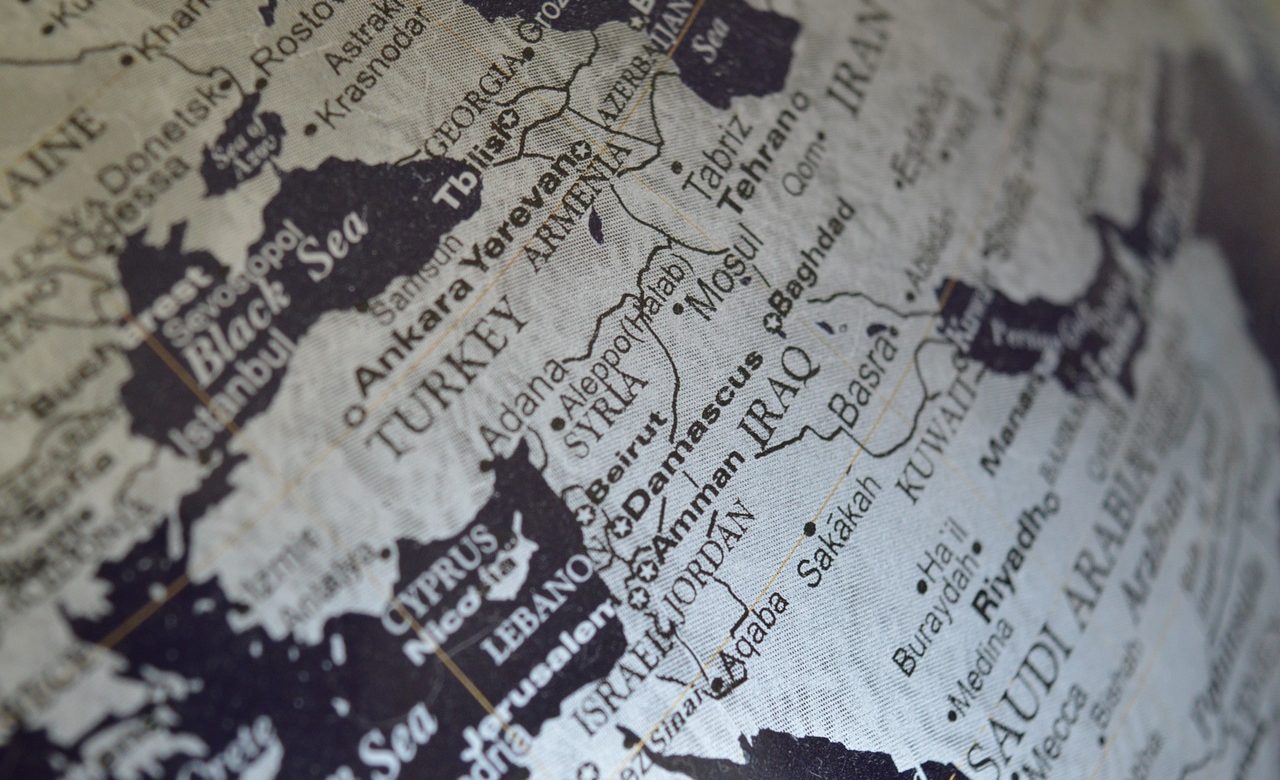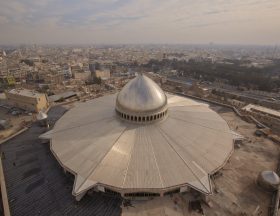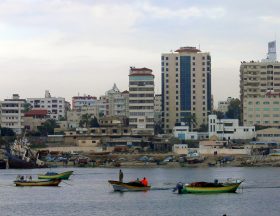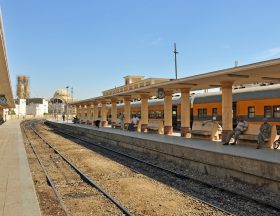Countries in the Middle East, North Africa, Afghanistan, Pakistan, Caucasus and Central Asia (MOAC region) continued to improve their economic governance. However, surveys show that citizens and businesses continue to view poor governance and corruption as serious problems in the region. The governance indicators broadly corroborate these views.
Improving governance and fighting corruption are essential to tackle the impact of the COVID-19 pandemic and build a better future, with a sustainable and inclusive recovery. For example, a strengthening of the fight against corruption in the MOAC region goes hand in hand with an increase in domestic revenue, an increase in the efficiency of public investments and an improvement in education indicators.
While priorities vary by country, governance reforms could aim to:
Strengthen transparency and accountability. This would include facilitating access to information: information on budgets and central banks; open and transparent public procurement processes, with publication of contracts and the beneficial owners of contracting entities; rigorous internal controls and external monitoring of public finances, with independent audits; greater accountability of public enterprises and strengthening of asset declaration regimes.
Simplify the rules and apply them well. The operations of budgetary institutions and the related regulations of public financial management could be simplified, thereby increasing their efficiency. Simplifying business regulations, better enforcement and strengthening the financial sector control system would help reduce red tape, reduce vulnerability to corruption, and improve the business climate.
Strengthen anti-corruption mechanisms by adopting laws and regulations, drawing inspiration from international conventions and best practices, setting up institutions that apply them effectively, strengthening anti-money laundering mechanisms and terrorist financing, as well as by facilitating information sharing at the national and international levels.
It is essential to count on the will of the leaders at a high level and on the mobilization of the stakeholders within each country, in particular the companies, the unions and the organizations of the civil society, to carry out ambitious reforms and sustainable. The digital switchover can transform the services offered by public authorities and their interactions with businesses and individuals: transparency, efficiency, accountability and public confidence would be increased.
The IMF assists countries in the MOAC region, in the form of advice and capacity development activities, to continue to improve their governance, particularly in the areas of fiscal governance, central bank supervision and the sector. finance, the fight against money laundering and the financing of terrorism, as well as statistics. By approving its enhanced governance framework in 2018, the IMF also broadened its surveillance to include transnational aspects of corruption, including bribing foreign officials and concealing proceeds from corruption. corruption.
Source The International Monetary Fund











Réagissez à cet article